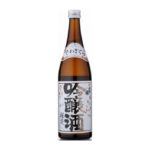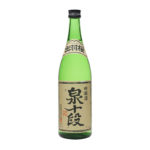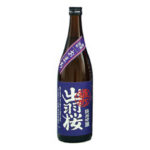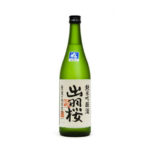Dewazakura Sake 出羽桜
Dewazakura Shuzo 出羽桜酒造 was founded in Tendo, Yamagata by Seijiro Nakano in 1892. Today they are recognized as one of the more innovative and well-respected breweries in Japan. In 1981, Dewazakura “Oka” Ginjo became the first ginjo broadly available to the public. It was something totally different and was highly successful. And the Ginjo Boom was born.
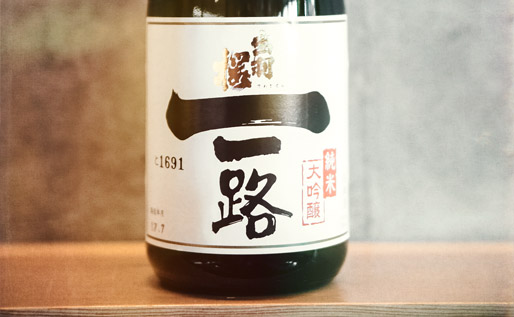
Prior to Oka’s release, ginjo was basically competition-only. Dewazakura still highlights this legacy today and largely exports ginjo-shu. Their average polishing ratio is an astonishingly high 50%! In the brewery, everything is done painstakingly by hand and positively impacts the results. Ginjo-shu brewing techniques pervade the process at the brewery and requires careful control and small batches.
Another trend-setting innovation from Dewazakura occurred in cold storage. Post-pressing, they began aging their sake at very low temperatures (sub-freezing) and in anaerobic conditions. This helps to preserve freshness, aroma, and fruit characteristics. Overall, the brewery goes above and beyond to ensure their seishu reaches the consumer in pristine condition. And with sake being so volatile– this is a major step towards higher quality brews. Dewazakura’s various daiginjo-shu are also often pressed via the shizuku drip method. Only the finest tasting sake is collected using this technique.
Tasting Dewazakura
With so much emphasis on ginjo-shu, it should come as no surprise that Dewazakura makes a lot of aromatic and floral, fruit-forward sake. But interestingly, there is typically an undercurrent of minerality. Graininess can also be a secondary characteristic, especially with Yamagata rice strains like Dewasansan 出羽燦々 and Dewa no Sato 出羽の里 are used. A grainy quality is also present on their omachi-based junmai ginjo. All of this leads to a sake that is typically well-balanced. With such poise and a lively nature, Dewazakura’s brews are natural crowd-pleasers. Their willingness to pair with a variety of cuisine means they should always have an eager following.
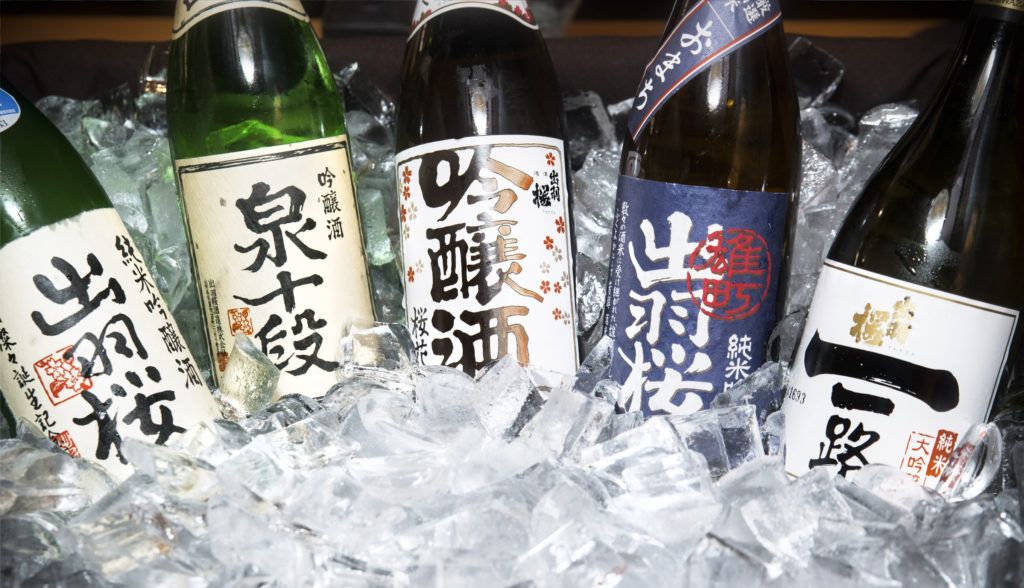
The Dewazakura Brewery
Brewery: Dewazakura Shuzo 出羽桜酒造 Location: Tendo, Yamagata EST: 1892
Official Site US importer Website: World Sake
The Dewazakura Brewery is located within the Yamagata Basin and is surrounded by mountains. Snowfall is heavy during the winter and the temperatures are frigid. Just the way sake likes it. And there’s also plenty of precipitation in the form of summer and fall rain. The rain and the dense snow leads to an abundance of quality water usable for brewing.
That water also plays another key role in irrigating rice crops. In Yamagata, agriculture is a big business. And rice is king. Table rice dominates, but several local/regional sake rice (shuzokoutekimai) strains are grown here as well. Dewazakura uses a lot of them and is quite skilled at brewing with them.
Dewazakura Sake 出羽桜
 Ichiro Daiginjo |
Label Translation
Dewazakura 出羽桜 Dewazakura Shuzo 出羽桜酒造
Yamagata 山形
Ginjo-shu 吟醸酒
Follow the Japanese Bar on Social Media
Connect with our latest posts, the newest Japanese beverage info, and get exclusive promotional offers. Level-up your sake IQ!
